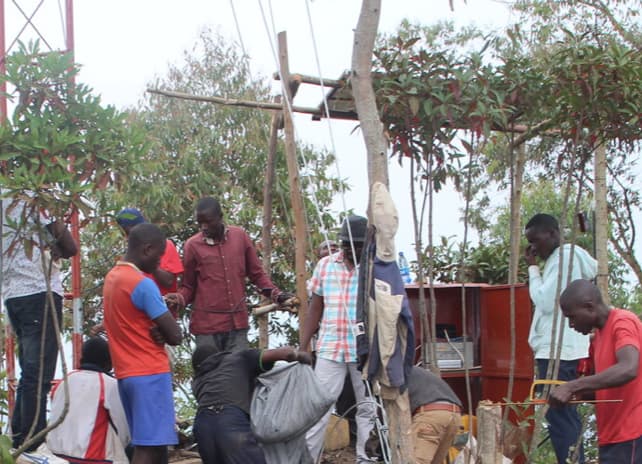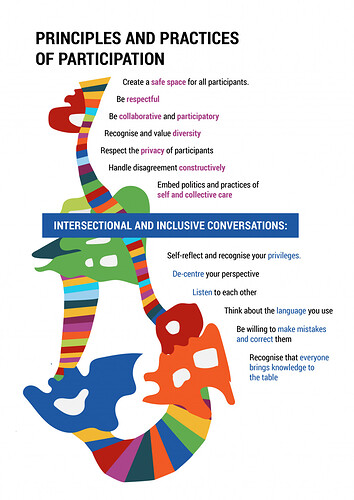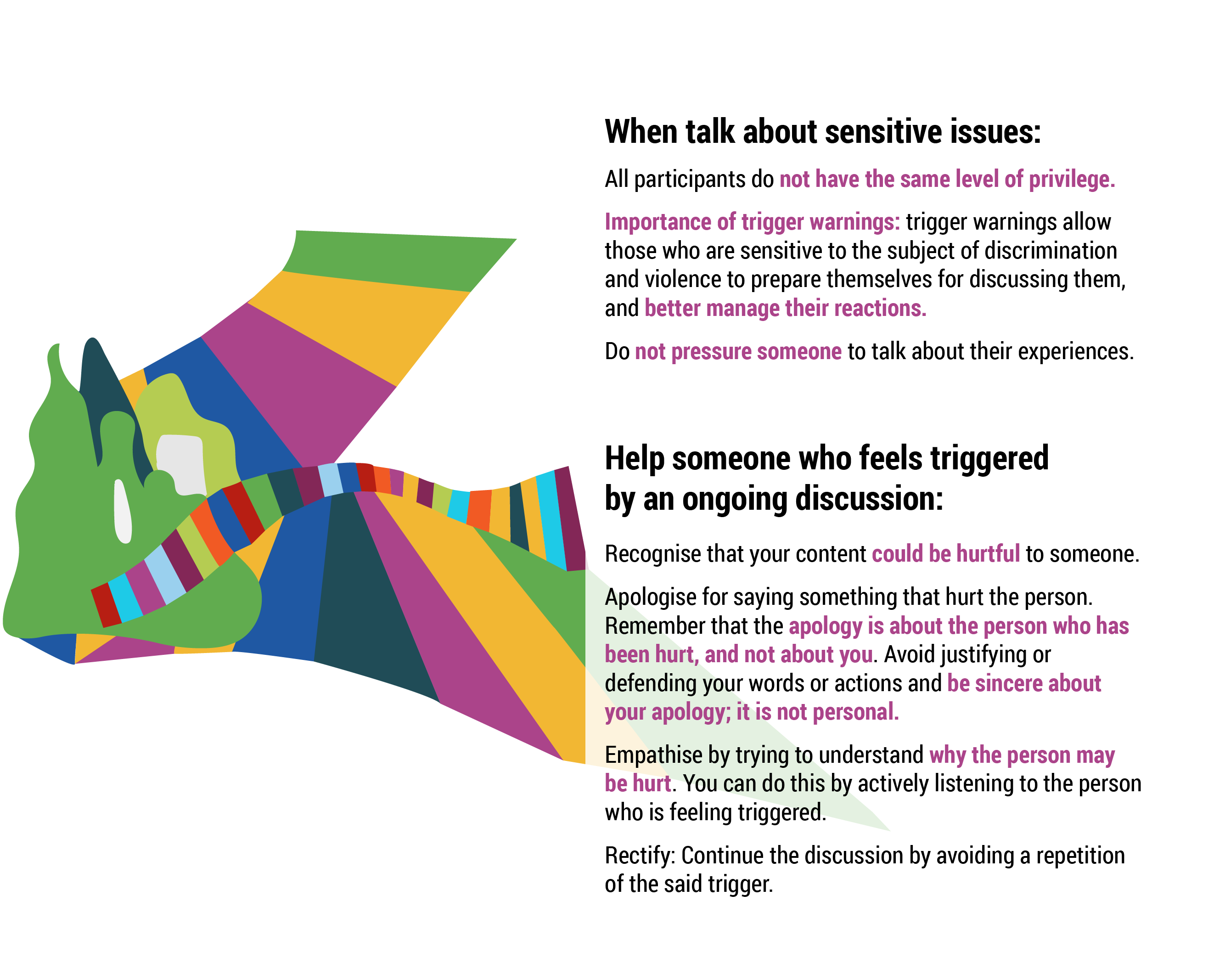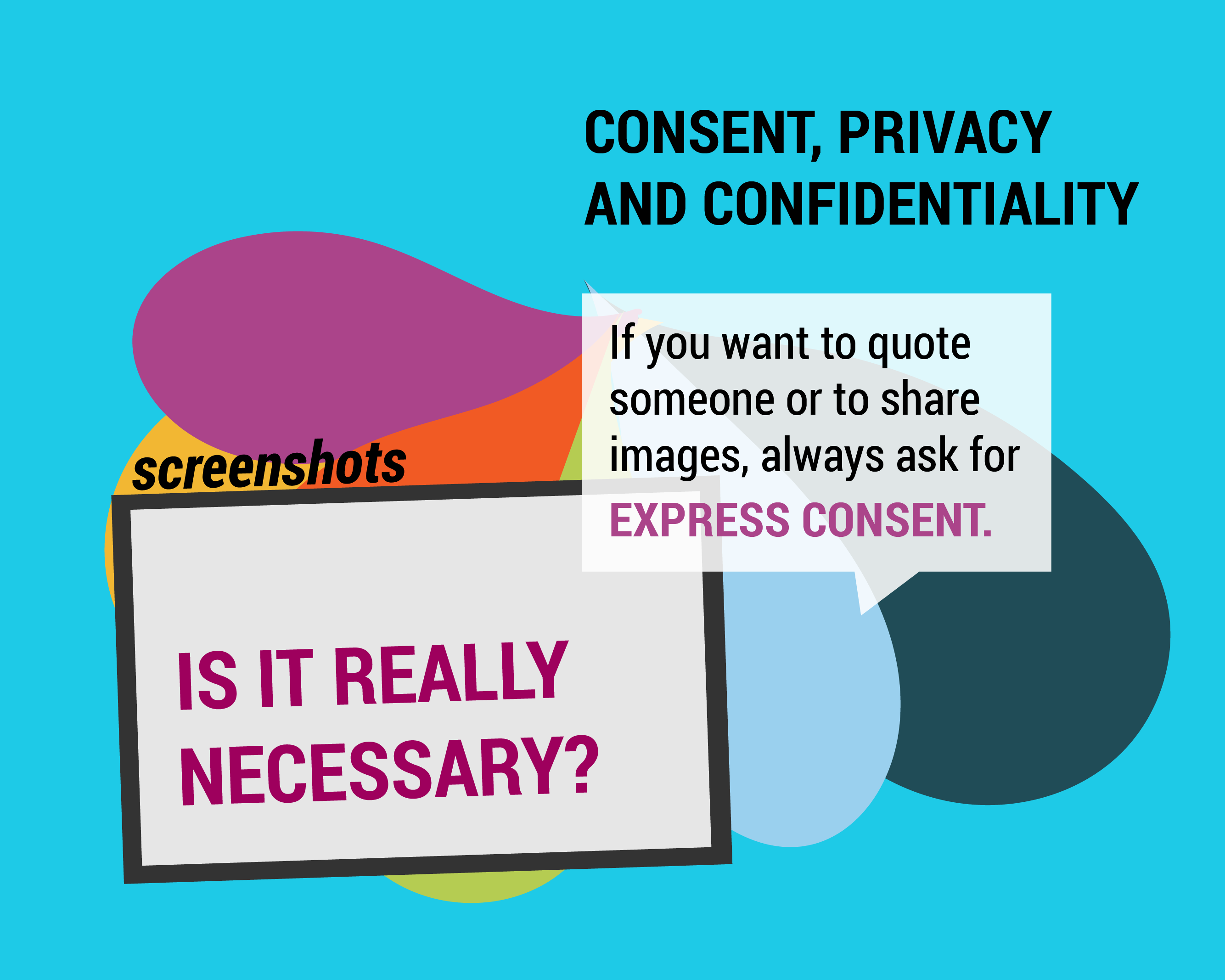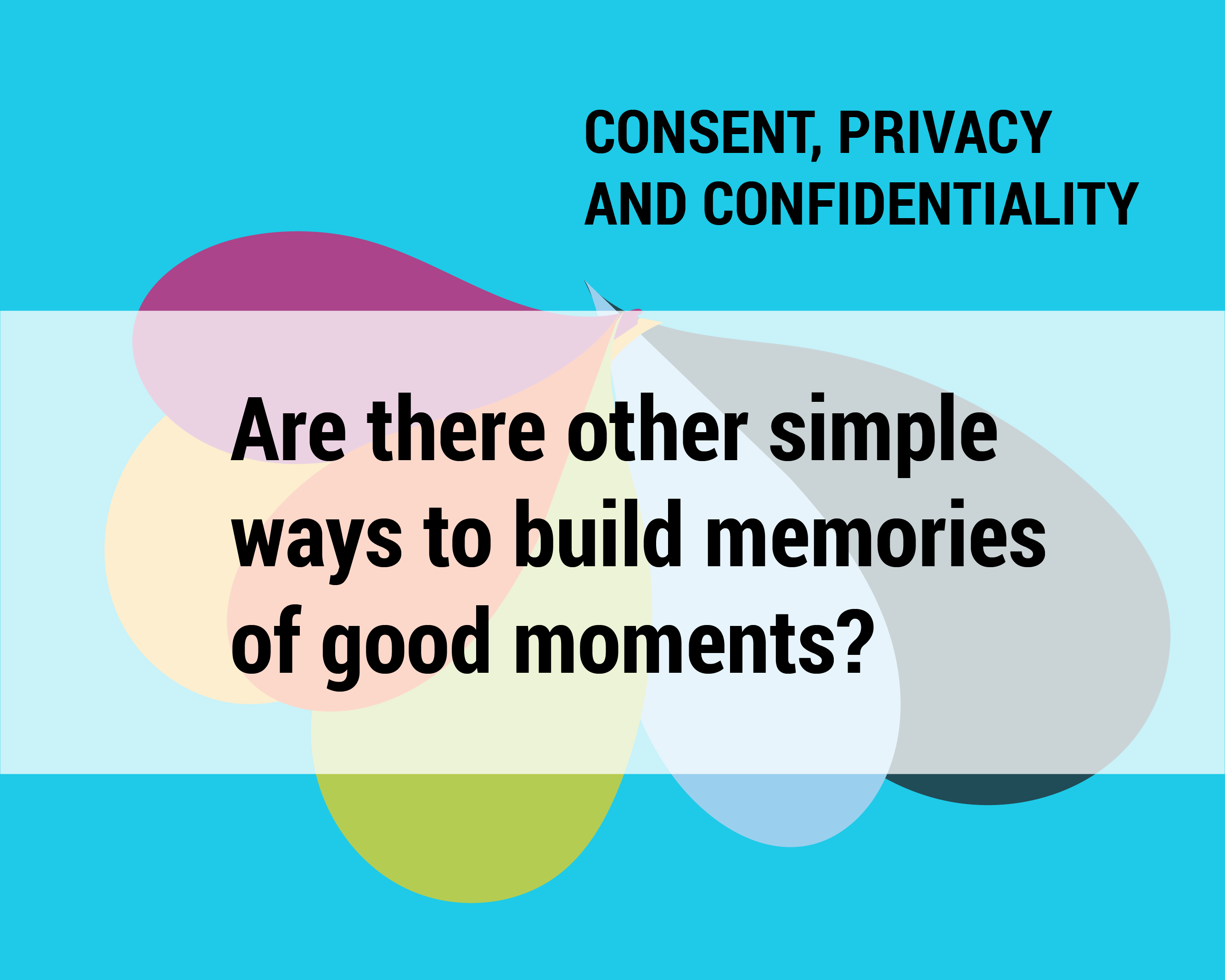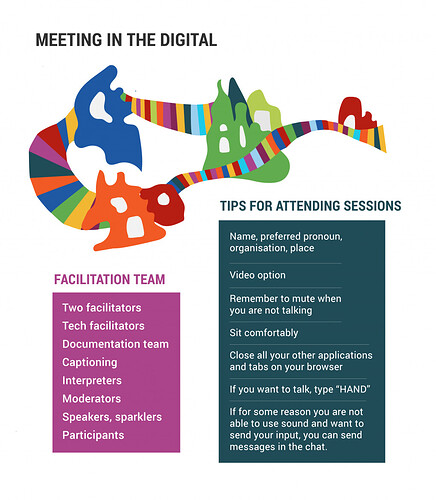JOIN THE SESSION BY CLICKING HERE at 13:00 UCT
Notes from the lightning talks
Here are the notes from the session (with many thanks for Ndunge and Cynthia).
Welcome (Josephine)
Africa peers
BOSCO Uganda (Uganda)
Centre for Information Technology and Development (CITAD) (Nigeria)
Centre for Youth and Development (CYD) (Malawi)
Ensemble Pour la Différence (Democratic Republic of Congo)
Tunapanda Institute (Kenya)
Zenzeleni (South Africa)
Intro to the LocNet initiative (Nils)
Led by APC in partnership with Rhizomatica, LocNet aims to directly support the work of community networks and contribute to an enabling ecosystem for the emergence and growth of community-based connectivity activities in developing countries.
What is a CN? participation of communities and communities being owners of their own infrastructure.
Intro to the presentations (Nils)
Africa 2021 grantees:
-
Pamoja Net Operations and Sustainability - La Différence (Democratic Republic of Congo)
-
Upscaling the Capacity of the Legal Sector to Build Sustainable Community Networks - Lawyers Hub Kenya (Kenya)
-
Development of a Regulatory Framework Proposal for Community Networks in Francophone Countries in Africa - AfroLeadership (Cameroon)
-
Building Women’s Resilience to Improve Adaptation to COVID-19 Using Community Networks - AcessPlus / Tango Consult (Uganda)
-
Kilifi Digital Villages - Lamuka Hub / Dunia Moja Network (Kenya)
Presentations
La Difference | Chako
Chako, head of the project at La Difference. Idjwi launch of the digital community centre. able to do this thanks to funds received from APC. organized and structured a project in order to provide training and tech to our communities. It was v important for us to be able to become digital and tech initiators in our communities. it’s difficult to start off in a place where people do not know how to access tech. started by structuring a digital literacy centre. to help young people to familiarize themselves with digital tools. (pictures of the centre + local representative). share the benefit of the centre to the community and committed to disseminating goals and the use of innovation at the centre. last week held 10 training sessions with young people who signed up. how to send emails and internet search engines. taught them photocopying machines, printers and projectors. this took place in a village where digital tech development is not present. showed the community what the rest of the world is using.
called on young people to test their knowledge at the launch. positive and negative surprises in the level of knowledge. some university-level students do not know how to use a computer. were able to assess the current knowledge and plan the next session and carry on a learning plan for next week. interesting to see people who are using the internet and exploring what can be done.
how to manage a project using an IT system and went through office tools. a session for young women and men. the woman in the photo wanted to learn more and was hired. she is a tech manager at a company and replaced the person who held the position of the trainer before.
another young man who received training is now working with local partners. and another participant works with women.
really want to benefit the highest number of people in the community. will hold other events.
thank you.
Nils: the grant of La Difference has a lot to do with maintenance and how to make a robust and resilient CN at PamojaNet
The Lawyer Hub Kenya | Catherine
Based in Kenya serve sub-Saharan Africa digital policy and innovation
Africa Digital Policy institute in collab with Mozilla
Africa Law tech festival annual 5-day festival access to justice
Upscaling capacity for CNs
we noticed there’s a lot of disconnect within the practice of lawyers. various areas that affect CNs. encourage various levels that lawyers can make. taxation level or energy or legal services for orgs that want to set up CNs.
why? there’s a need for policy and regulatory changes. recently in Kenya. APC has been working with Kicktanet with Kenya regulation authority to support CNs.
also to increase the participation of women. encourage women lawyers to learn more about tech aspects.
activities: 5-9th July. held a session with APC. where participants got to learn about CNs. the audience got to learn about tech space. importance of public policy about the subject. planned activities: round table discussion at the month of September-October then intend to have participants meet together and come up with policy recommendations based on experience in their countries.
policy hackathon - recommendations and policies.
how to help make long-lasting resources for CNs through public learning sessions.
when we talk about tech it might get too technical for the legal audience. think that to our users and think about how to set up activities online.
AfroLeadership - Jean Louis Fendji
started working on CN in 2018 with the support of GIZ in the northern part of the country. conduct a feasibility study in different communities. define clearly the role of CNs and help them conduct their role in connecting the unconnected. started the discussion with (?) on CN. having (inaudible)
Beginning of Refection in Cameroon about the definition of a Regulatory framework2021. Discussions with ISOC Chapter Guinea on CNS and Regulatory framework
We are not alone, the problem we are facing is not particular to Cameroon. other countries in Francophone Africa are also facing similar issues. started thinking to extend to other countries and that’s why we started this project.
now: 1st to assess and to raise awareness of the CNs in the countries. Burkina, Gabon, Guinea and Cameroon. there isn’t reliability of the network. raise awareness on CNs and conduct a study on regulatory policies for CNs. conduct a framework for policies for CNs for french speaking countries. the proposal we are planning to define to be used for advocacy and we would like to cover the world chain - acquisition of equipment to set up of CNs.
List of stakeholders - 3 ISOC chapters
end of the project - 2022
Acesspluss, Uganda | Lilian Achom
Lilian: Greetings. Acesspluss vision is to promote tech literacy by women and the youth. came together with Tango Consult to do something in relation to CNs.
our project is building women’s resilience for adaptation to covid19 using CNs.
why? Uganda and the rest of the world are experiencing the pandemic and Uganda in particular have had a lot of difficulties and all other categories were affected by covid19 restrictions and women were unable to do jobs as required and kids out of school. opportunity for communities to think and plan beyond the normal life bcz things have changed. objectives and aim: 1. assess the impact of covdi19 on women’s livelihood. 2. bring awareness to CNs and their role. 3. support women adaptability to covid 19. 4. support men alongside women to conduct a CN centre that can attract Katine and Oimai parishe (?)
target: women fishmongers, women farmers, youth who have been around without school + other people within the community. from our recent visit, we learned that farmers have organized themselves as coops and we will work with them to come up with a CN centre.
in a recent visit met with the local council and called other leaders including headteachers of primary schools (women).
the uncertainties around covd19 challenges because in Uganda we just had on and off complete lockdown then partial lockdown on the 31st came out of a 42 days total lockdown with no mvt at all. don’t know what is ahead and this is what we can see right now.
doing little visits here and there for now.
visited several offices to register presence. the leaders have to know and grant permission to visits and set up meetings. the resident district commissioner, local council +? and looking at setting up partnerships with university Soroti
Dunia Moja Network - Kilifi digital villages - TWAHIR HUSSEIN KASSIM
setting what we call the digital villages in Kilifi to get villages connected through connecting the schools.
we realize we are in the 4th industrial revolution. need to get everyone connected to eradicate the digital divide. 50% of the world stay remain unconnected. in Africa, the USF suppose to support connections in rural areas but unfortunately, the dissemination is held by politicians so how to get over this hurdle?
as Dunia Moja, we have 3 hubs strategies to help eliminate the digital divide.
digital literacy, getting the place connected.
the sequence is v important. what we noticed is that the government does something without addressing the issues. the devices were circulated in schools but teachers were not trained. devices were not used.
literate folks did not have devices nor access to the connection.
as a literacy hub, had trainers, partnered with a local uni where the head of IT allocated students who are working with us (connection) - rolling out with teachers. unfortunately, we won’t be able to do it now because of the school holidays.
teachers will be trained on internet education - 21st-century teachers
women groups will be trained on digital literacy. e-citizen in Kenya for documentation. most of the youth is bodaboda riders. when they reach the time to renew their license have to do it at a cybercafe. training them in digital literacy to learn how they can do the renewals.
working with plumbers and tailors to at the end of it install the wireless connection.
we have gvt DLP digital literacy project. supply primary school with 1 million devices. Kilifi north has 7000 tablets and laptops. will focus on getting those digital devices instead of people investing in them.
villages have these devices that will be used for the project.
The next issue will actually be to get villages connected. as we upgraded the network we will be able to connect schools from Donia Moja. point to point and wifi hotspots. village schools will supply villages around them. when connecting from school wifi to keep connectivity sustainable. have an office and a dispensary to have connectivity that will supply people around them.
Q&A
